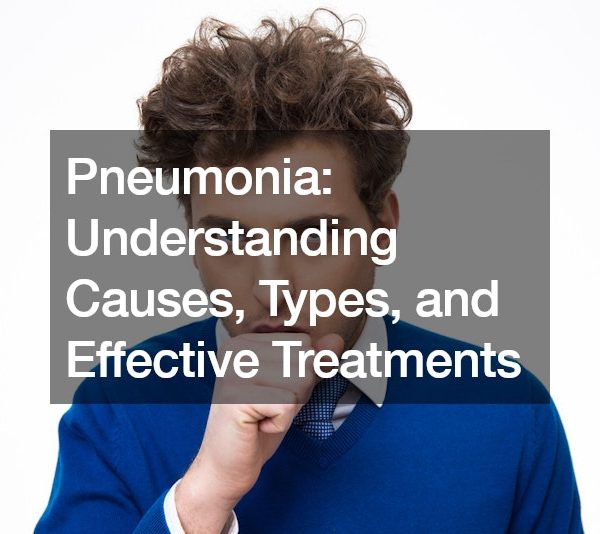They say that smiling is the key to making a great first impression. That’s why it’s not surprising why people go to different lengths to achieve a perfect smile. Others go to their dentist to fix their teeth, while some rely on teeth whitening products to get that pearly white smile. Meanwhile, those who can’t smile because of their crooked teeth consult an orthodontist to have their braces or Invisalign put on.
Smiling is our natural response to things we find happy, enjoyable, or funny. But experts say that forcing a smile also comes with health and mood benefits. You don’t need a certain trigger to experience an automatic smile response. To know more about the benefits of fake smiling, read below to find out.
A study about smiles
Studies reveal smiling isn’t only good psychologically but also physiologically. It can bring a lot of health benefits even if you’re not feeling happy at first.
Researchers from the University of Kansas studied whether smiling reduces stress. They want to test the old saying “grin and bear it” to determine what our smiles can do if we keep it in place. The researchers gave the participants a set of stressful tasks. One example is submerging their hand in a bowl of ice water for a full minute.
The participants have to perform the tasks while wearing different kinds of smiles. While doing it, they have to hold a chopstick using their teeth. The chopstick helps the research standardize facial expressions to create an artificial smile and compare them. During the experiment, the researchers measured the stress levels in two ways: monitoring the heart rate and asking the participants the level of stress they experienced while performing a stressful task.
At the end of the study, all participants reported the same stress level during the tasks. The only difference is the amount of time it takes before reaching a normal heart rate. Those who didn’t smile or who wore a neutral expression have the longest recovery time. Meanwhile, those who smiled broadly during the tasks could recover quicker than the rest of the group.
Should you fake a smile?

Is it really healthy to fake a smile? Won’t it only cause you more stress in the long run? Experts say it depends. A study in 2017 revealed that participants in a customer service experiment who were instructed to hide their frustration and be more enthusiastic end up feeling more exhausted and more prone to making mistakes. They found that participants are using more energy to pretend to be happy when they are not.
Despite the results, researchers believe that thinking about positive thoughts or reframing tough situations can improve emotions over time. In other words, faking feelings of happiness can be tiring, but thinking about positive things can lead to a better perspective.
Researchers reported that the key lies in the amount of time the individual experiences a stressful situation. Smiling isn’t always the cure for all types of stress, particularly for long-term stressors. These include constantly dealing with angry customers or difficult people. For brief and acute stressors, smiling can offer relief for a short period or a way to ease the negative mood.
Smiling can be useful in normally stressful situations such as being stuck in a traffic jam or waiting too long in the grocery line. In these cases, you can try grinning instead if you can’t force yourself to smile.
How smiling more leads to a healthier and happier life
Happiness won’t only make life more meaningful, but it can also lead to good health, longevity, and well-being. To get started, you can try a few steps to improve your smiling skills. You can do the smiling experiment below for a week.
Devote a whole week when you learn to smile more. The research above reveals that smiling helps improve mood. Use this to your advantage by developing a way to remember to smile the entire day. If you’re too busy, you can force yourself to smile periodically.
Studies reveal that a forced smile activates a set of facial muscles. These muscles are directly linked to feelings of joy or happiness. By simply smiling, you’re sending a message to the brain’s emotional centers that everything is going well. Even in a negative situation, smiling convinces the brain that everything will be alright soon.
As you progress, you will find yourself smiling more often, regardless of how hard the situation gets. You get motivated by changing your outlook, which will improve the overall quality of your life. You just have to smile and be a joyful person.






